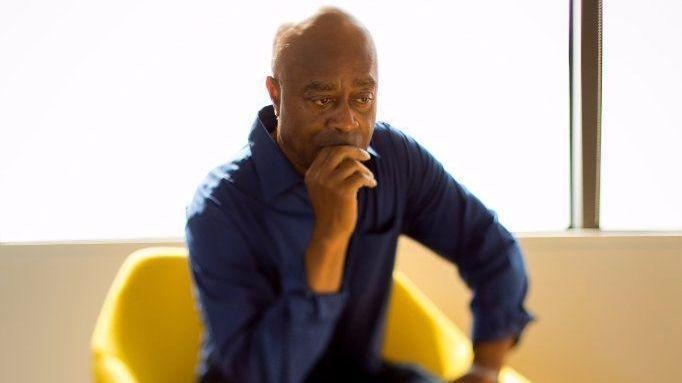Charles Burnett was ‘surprised and shocked’ about his honorary Oscar, offers advice to other filmmakers

Charles Burnett wrote and directed Killer of Sheep when he was a graduate student and was part of the L.A. Rebellion at UCLA (see below). Killer of Sheep, a portrait of Watts that is simultaneous haunting, dramatic, and muted, was filmed in the early 70s and finished in 1977 but went un-released until 2007 due to music rights conflicts. Since 2007, however, the film has come into critical success despite the 30 year delay, and Burnett was awarded an honorary Oscar last month for the influence and inspiration his work and career has brought to filmmakers.
Other films directed by Charles Burnett include My Brother’s Wedding, To Sleep with Anger, The Glass Shield, and Namibia: The Struggle for Liberation.
From the LA Times interview:
“It’s been said that we are experiencing a moment of stellar black creativity across the film, television, music and art worlds. Every time I speak to one of those creators, your name is on the tip of their tongues. How does it feel to be an inspiration to them?
I’m very happy about that. The work wasn’t done with that intention. You just make a film and hope people like it and you make your money back. The rest of it is kind of hard to explain… but I’m always surprised, especially because there are a lot of great filmmakers out there. I’m just glad that I do have an impact to some extent. Film is very expensive and so the redeeming part about it is that it can change someone’s life in the process or inspire them. That’s the real meaning behind it all.
You are one of the notable filmmakers who were part of the L.A. Rebellion, a group of black filmmakers who came out of UCLA and made films that were alternative to classic Hollywood productions. Talk to me about that time period.
Well most of us grew up during the civil rights movement. We were affected by it and were concerned about the images Hollywood was perpetuating. We were reacting to those images and had an idea about what filmmaking should be about, and what it shouldn’t be about. We spent long hours at UCLA and the restaurants around Westwood talking about stuff many nights, spending long hours arguing about filmmaking. From all those conversations, we knew what we wanted to do and we did it.”
Click the link below for the full interview with Charles Burnett.